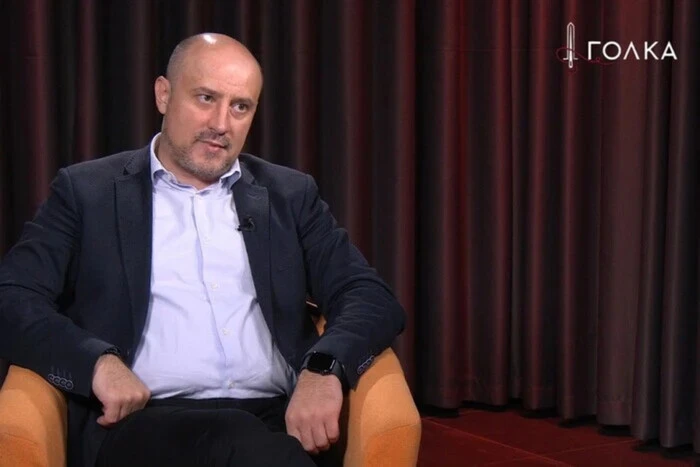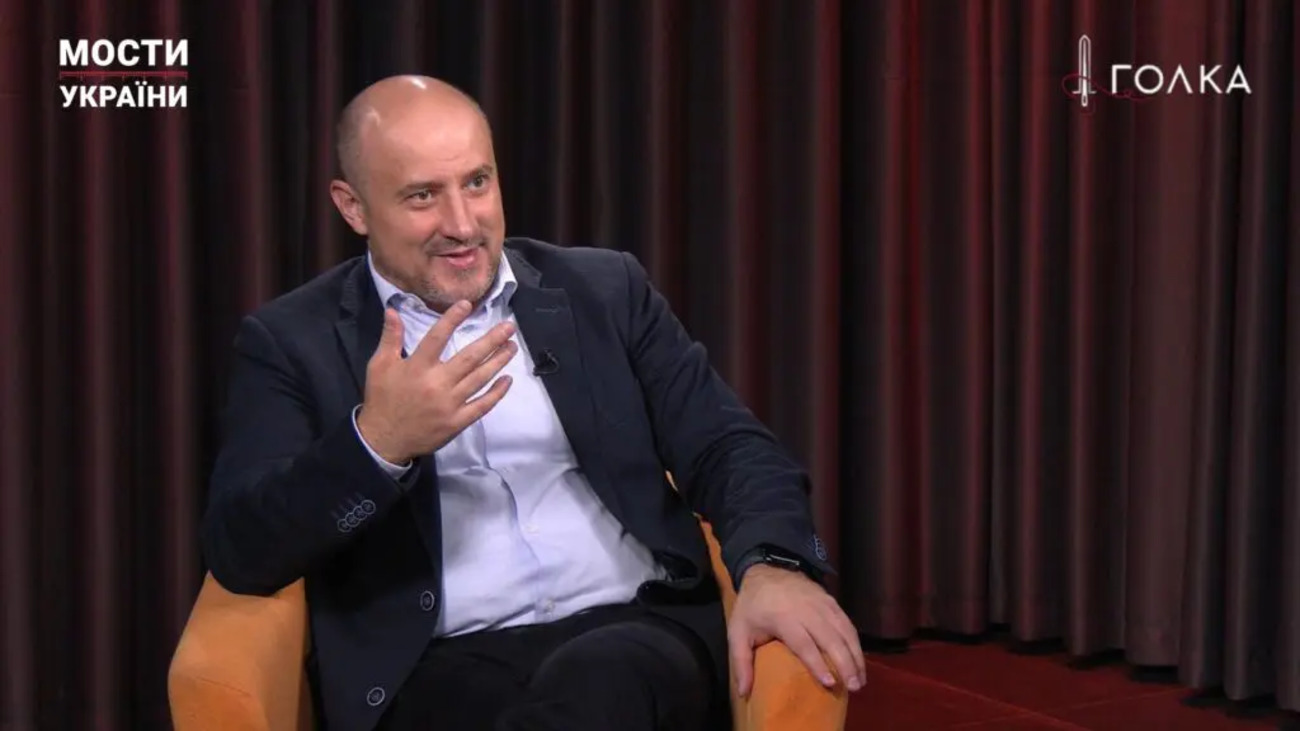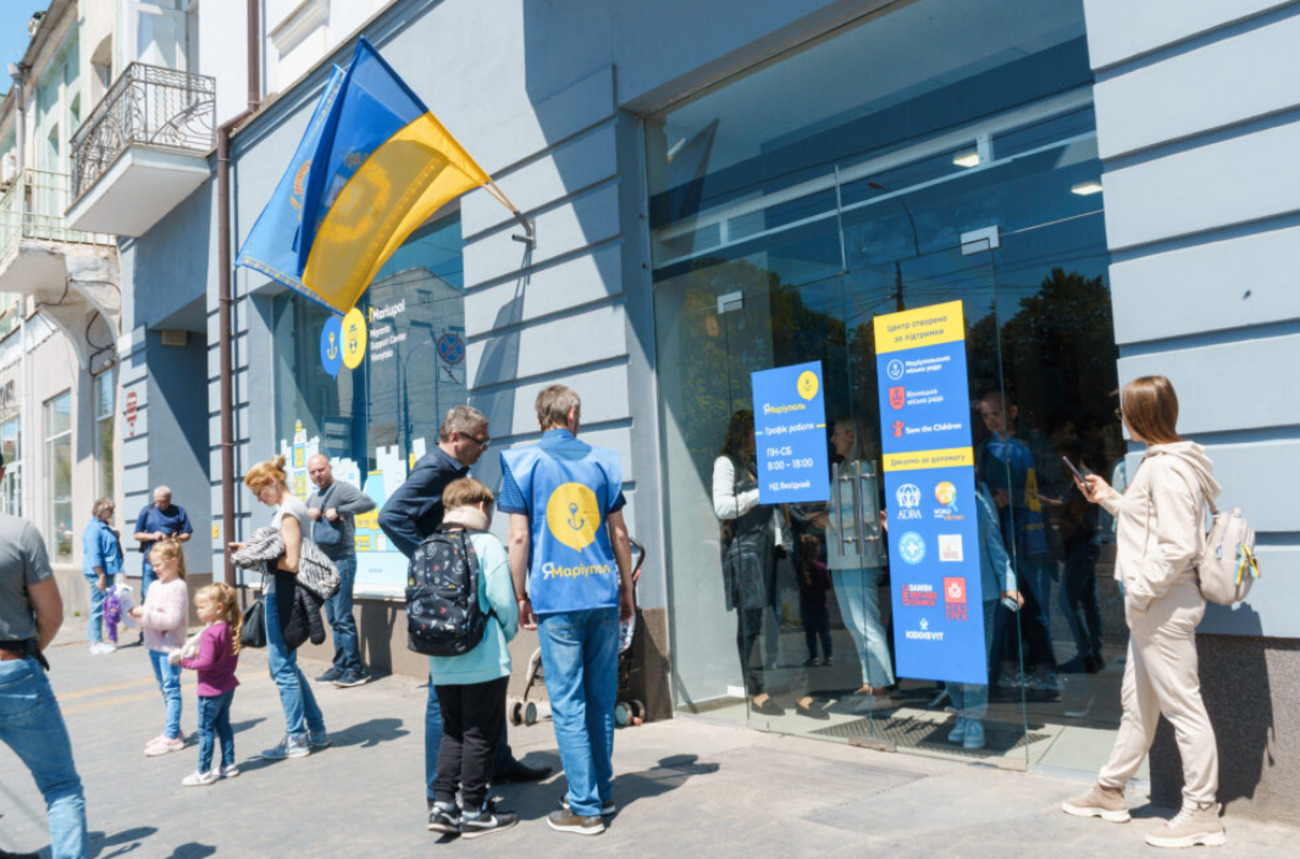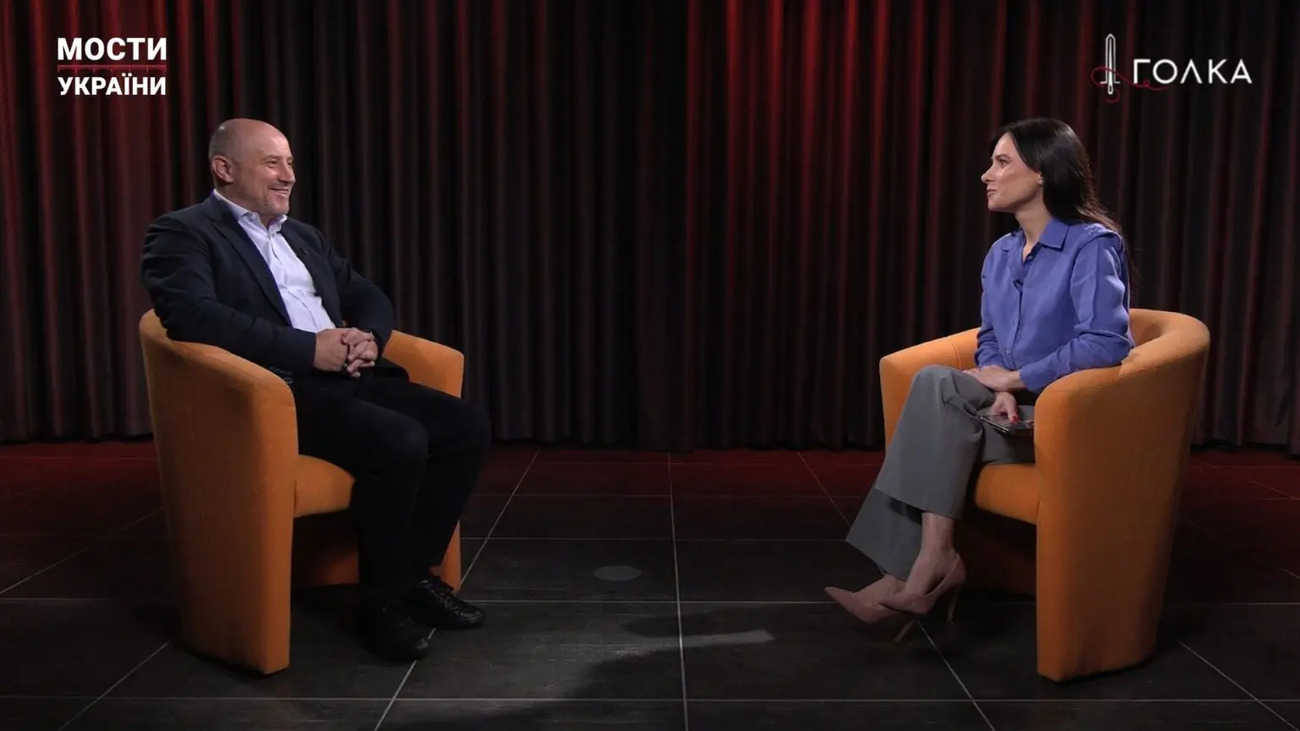Oleksandr Slobozhan: Almost all rebuilding is thanks to twin-city assistance

«If young people get an education abroad and return, they will face minimal competition on the Ukrainian market»
Almost all rebuilding in Ukraine is happening thanks to the assistance provided to Ukrainian cities by their twin cities worldwide, says Oleksandr Slobozhan, Executive Director of the Association of Ukrainian Cities. Since the full-scale invasion, Ukrainian cities have formed up to 3,000 twin-city partnerships abroad, often facilitated by Ukrainians living in those countries.
How can Ukrainians abroad help their hometowns and villages? What should local authorities do to encourage returnees? Oleksandr Slobozhan shared his thoughts on this in the «Bridges of Ukraine» project by the civic initiative «Holka», which is a partner of The Ukrainian Review.
The key factor is finding twin cities. Ukrainians currently in European municipalities can promote their hometowns, saying, for example, «I am from Bucha» or «I am from Mariupol», and advocate for their cities. They can also propose collaborations with businesses in their hometowns.
Before the full-scale invasion, twin-city partnerships between Ukrainian and European municipalities mostly revolved around cultural exchanges. Moreover, there weren’t as many partnerships back then.
In the past two years, the number of twin-city partnerships between Ukrainian and European municipalities has grown to 3,000. Many of these contacts came through Ukrainians abroad. Once formal correspondence is completed, municipal governments sign agreements, businesses establish ties, and charities collaborate. Through the Council of European Municipalities and Regions, we constantly inform Europeans about Ukrainian communities looking for twin cities.
For example, in Portland, a Ukrainian resident contacted us and said, «Kherson has been liberated. I don’t have money, but how can I help?» At the time, Kherson had no twin city in the U.S. With their help, we connected the two local governments, which led to further support.
Similarly, Denmark’s patronage of Mykolaiv began with a request from a public organization to the Association of Cities.
Every Ukrainian abroad can be an ambassador for their territorial community by sharing their love for it and connecting organizations and people.
We aim to connect Ukrainian and European businesses on mutually beneficial terms. Having a twin city in Europe allows access to funding. Currently, 95% of rebuilding efforts rely on this line of assistance.
We also run a «Bridges of Trust» program where Ukrainian and European municipalities work on joint infrastructure projects. These projects create jobs, boost the economy, and generate tax revenue.
In spring, the Association of Ukrainian Cities adopted a concept for restoring local governance. The main focus is bringing people back to Ukrainian communities. International partners, including the European Alliance for the Development and Reconstruction of Ukrainian Regions (a European Parliament initiative) and notable European leaders, contributed to its development. For instance, Professor Georg Milbradt, the G7 Special Envoy and advisor to several German prime ministers, as well as the Mayor of Brussels and the Marshall Institute, were involved.
The first priority is ensuring safe and comfortable living conditions. Safety comes first. If infrastructure is restored, jobs are available, and the education system is functioning, this can convince 70-80% of people to return. Currently, not all these factors are in place.
Each regional center has «I Am Mariupol» hubs, offering humanitarian aid and maintaining connections with their communities. An economic profile of displaced persons was created, though our government has yet to adopt it. European countries, however, recognize and utilize it to help highly qualified Ukrainians find jobs.
Some western Ukrainian mayors have adopted innovative approaches. A prime example is Chortkiv in Ternopil Oblast, where there was no city architect to facilitate development. In Chortkiv, they created an economic profile for displaced persons, mapping their education and qualifications to local job vacancies. They then offered these individuals jobs and housing.
Integrating displaced people into communities by providing housing and employment is a tremendous boost for both the communities and the individuals.
Although many displaced people feel nostalgic about their hometowns, they have become full-fledged members of their new communities, paying taxes and working. Meanwhile, Mariupol maintains communication with them. When Mariupol is liberated, these people will be invited to return and provided with housing.
For Ukrainians in Europe, connections are maintained through municipal representatives and twin-city partnerships via the Council of European Municipalities and Regions and the European Committee of the Regions.
Programs like «Youth Capital», local government internships, and youth councils are expanding. It’s also vital to involve young people in developing strategies rather than immediately offering them jobs.
Young people participating in strategy working groups often secure well-paid jobs in business or international technical projects. Young Ukrainians who have been abroad are more competitive compared to their peers due to their language skills, new tools, and experiences. Upon returning, they are likely to find high-paying jobs in less competitive local markets.
Margarita Sytnyk – Communications manager, Co-founder of the Civic Initiative «Holka»
Translated by Iryna Kovalenko, specially for Glavcom.ua
This text is in Ukrainian
Читайте також:
- Yevhen Nyschuk: Ukrainians abroad should boycott Russian cultural figures and support their own
- Paul Grod: If Ukrainians lose their identity abroad, they will not return
- Serhiy Kvit: The opening of the representative office of the Kyiv-Mohyla Academy abroad gives a Ukrainian perspective to our children living abroad
- Pavlo Klimkin: We cannot scatter Ukrainians around the world, because there will not be enough of us for the existence of the nation and the country















Коментарі — 0